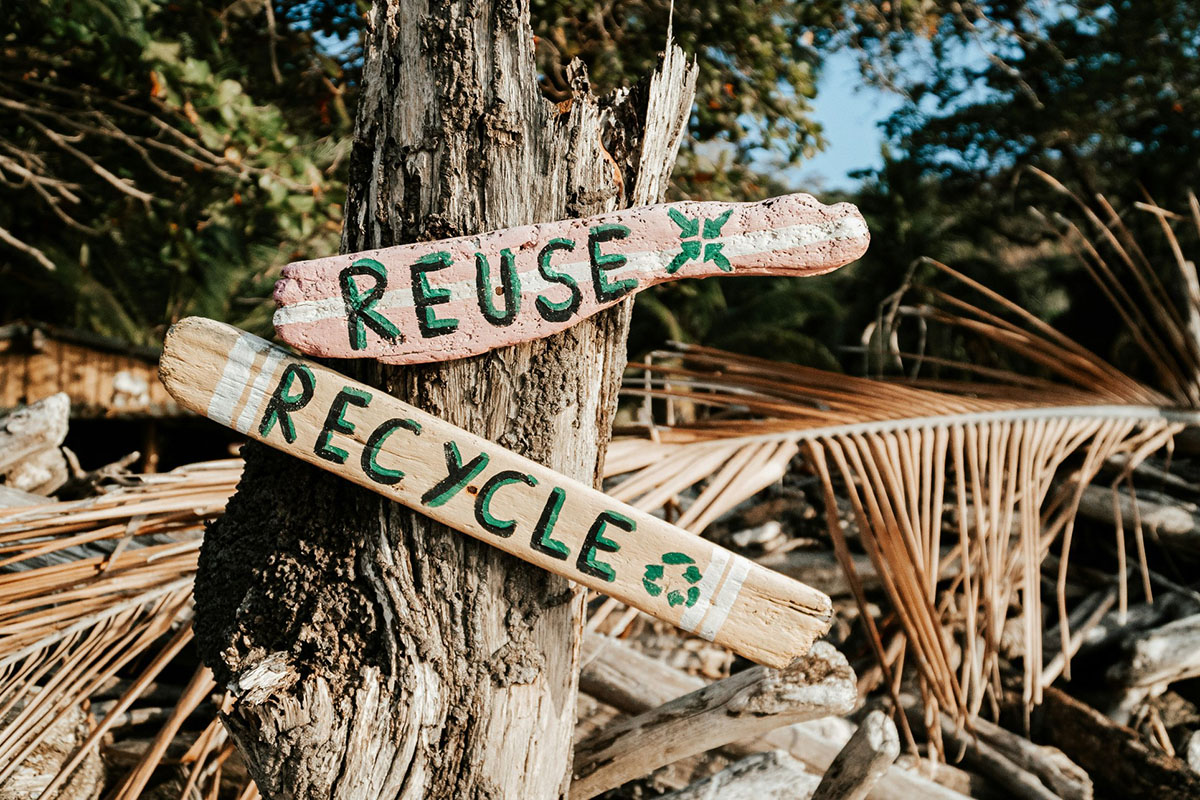Research
Our research is devoted to studying alternative organising initiatives that address this crisis in a holistic way, thoughtout its lifecycle. It is currently organised into two projects:
- "Plastics in a circular society: Alternative organising beyond resource efficiency" (funded by Formas, 2021–2026)
- "Reduce, reuse, redesign: Lund University as a testbed for tackling the plastic crisis" (funded by Lund University Sustainability Fund, 2024–2025).

Why this research topic
The production, consumption and disposal of plastics in today’s economies simultaneously contribute to climate change and pollution. We refer to this dual problem as the plastic crisis.
Derived from fossil fuels, plastics already make about 4.5% of global greenhouse gas emissions (Cabernard et al., 2022 – article on Nature's website). Only 9% of it is recycled, while 60% of plastics ever made have ended up in landfills or in the natural environment (Geyer et al., 2017 – article on Science's website). With expected production growth for plastics, these problems will only exacerbate.
Conventional approaches within the circular economy framework have largely focused on technical solutions to the plastic crisis, such as resource efficiency and increased recycling rates, sidelining a fundamental problem with projected exponential growth of plastic production.
In response, a new phenomenon has emerged – alternative organising initiatives that directly address unsustainable plastic practices. Ranging across the plastic’s lifecycle, from production of new bio-based and biodegradable materials to plastic avoidance and reuse practices, and to multiple ways of giving plastic waste a new life, these initiatives signal the beginnings of a circular society.
Often smaller in scale whilst globally connected, alternative organising initiatives have so far received little attention in public discussion, academia, and policymaking. Our research seeks to understand multiple solutions that these initiatives bring to address the plastic crisis, how they are organised, and their transformative potentials, acknowledging their pivotal role in reshaping our relationship with plastics. Our practical work on the plastic crisis at Lund University directly draws on insights from research.
